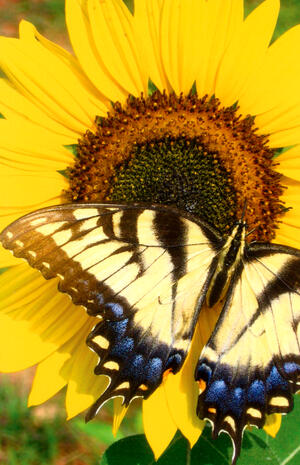Farm Energy IQ offers free information to help farmers enhance operational sustainability in the context of the farm economy and ecosystem. Each topic area includes a module overview, Train the Trainer presentation, farmer presentation, and educational materials such as fact sheets, activities, case studies, images, decision support tools, and checklists.

On-Farm Smart Energy Buying and Use
This is part of the Farm Energy IQ Curriculum Series. With the understanding of deregulated energy markets and having an option to buy energy at less expensive times of the day, how can you change your habits to take advantage?

On-Farm Energy Efficiency
This curriculum module covers the fundamentals of energy systems. Basic thermodynamics, heat transfer, energy conversion processes and discussion of energy efficiency and specific applications on farms are addressed.

On-Farm Energy Production - Biofuels
The On Farm Energy Production Curriculum Series provides basic understanding of feedstock production, biodiesel, biogas, and wood and gas pellets.

On-Farm Energy Production - Solar
This solar electricity and solar thermal module provides a basic understanding and how to calculate a simple payback term for the installation of different size systems. Learn about programs that may be available to subsidize your investment.

On-Farm Energy Production - Wind
Is wind energy a viable option for your home or business to lower reliance on the grid supplied electricity? In this module, learn how to gauge your the wind resource where you live and calculate the likely annual electricity production.
This material is based upon work that is supported by the National Institute of Food and Agriculture, U.S. Department of Agriculture through the Sustainable Agriculture Research and Education (SARE) program. Any opinions, findings, conclusions, or recommendations expressed in this publication are those of the author(s) and should not be construed to represent any official USDA or U.S. Government determination or policy.
